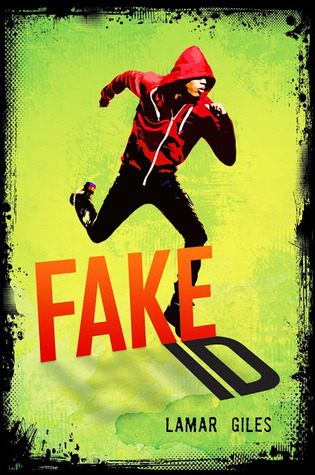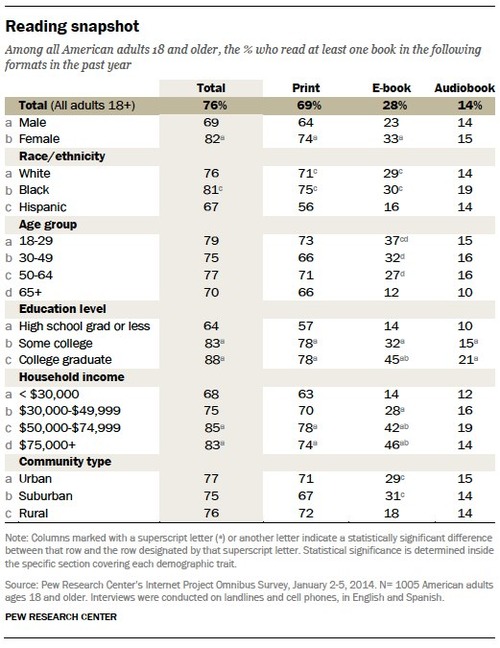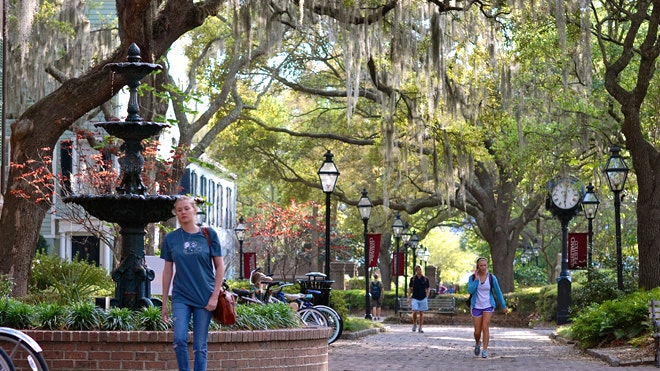Angry Robot closes Exhibit A and Strange Chemistry imprintsThe Almost Girl arrived in my mailbox as a submission for the GA Peach Award and I immediately tagged it as a great contender. This was before I found out that soon you won't be able to find the book. Again, that's sucky. Alas, the era of the ebook, makes solid what was once ephemeral. I'm assuming that the Kindle ebook will exist in perpetuity to pick it up.
23.06.14 | Joshua Farrington 184 0 539Sci-fi and fantasy publisher Angry Robot is closing its Exhibit A and Strange Chemistry imprints with immediate effect.
The publisher, part of the Osprey Group, said in a statement that the two imprints had been "unable to carve out their own niches".
Strange Chemistry focused on YA fiction, while Exhibit A released crime and mystery titles.
A statement from Angry Robot said: "Angry Robot Books has a history of innovation and we continue to go from strength to strength. We’re constantly trying out new concepts and new ideas, and we continue to publish popular and award-winning books. Our YA imprint Strange Chemistry and our crime/mystery imprint Exhibit A have – due mainly to market saturation – unfortunately been unable to carve out their own niches with as much success.
"We have therefore made the difficult decision to discontinue Strange Chemistry and Exhibit A, effective immediately, and no further titles will be published from these two imprints." More
The Almost Girl by Amalie Howard
Riven is a warrior refugee, well refugee is generous. Let's call her what she is, a possible kidnapper/assassin from a war-torn parallel universe where the android war is getting worse by the day. Her mission: to find the twin brother of the prince she's loyal to for more reasons than one. But what happens when her "mark" becomes more than an pawn in a brutal game but an actual person? What happens when the lines between us and them, allies and enemies becomes blurred?
The Almost Girl is fast-paced, kick-butt science fiction with alternate universes, robots, mind/body altering serums and all the stuff you love in the genre. I will say that I agree with other reviewers that there are some editing issues, but they are easily overlooked. It's a wild ride and one that's too much fun to turn down.













